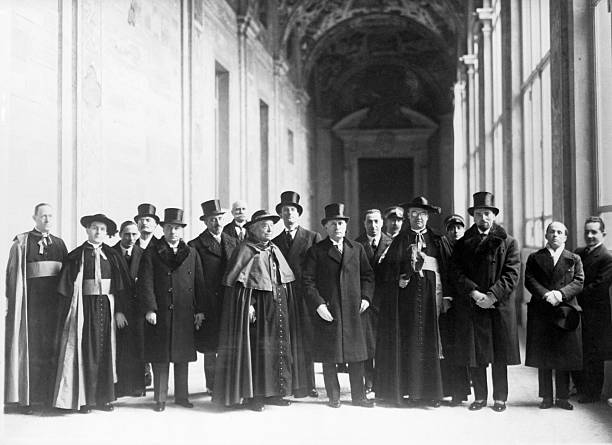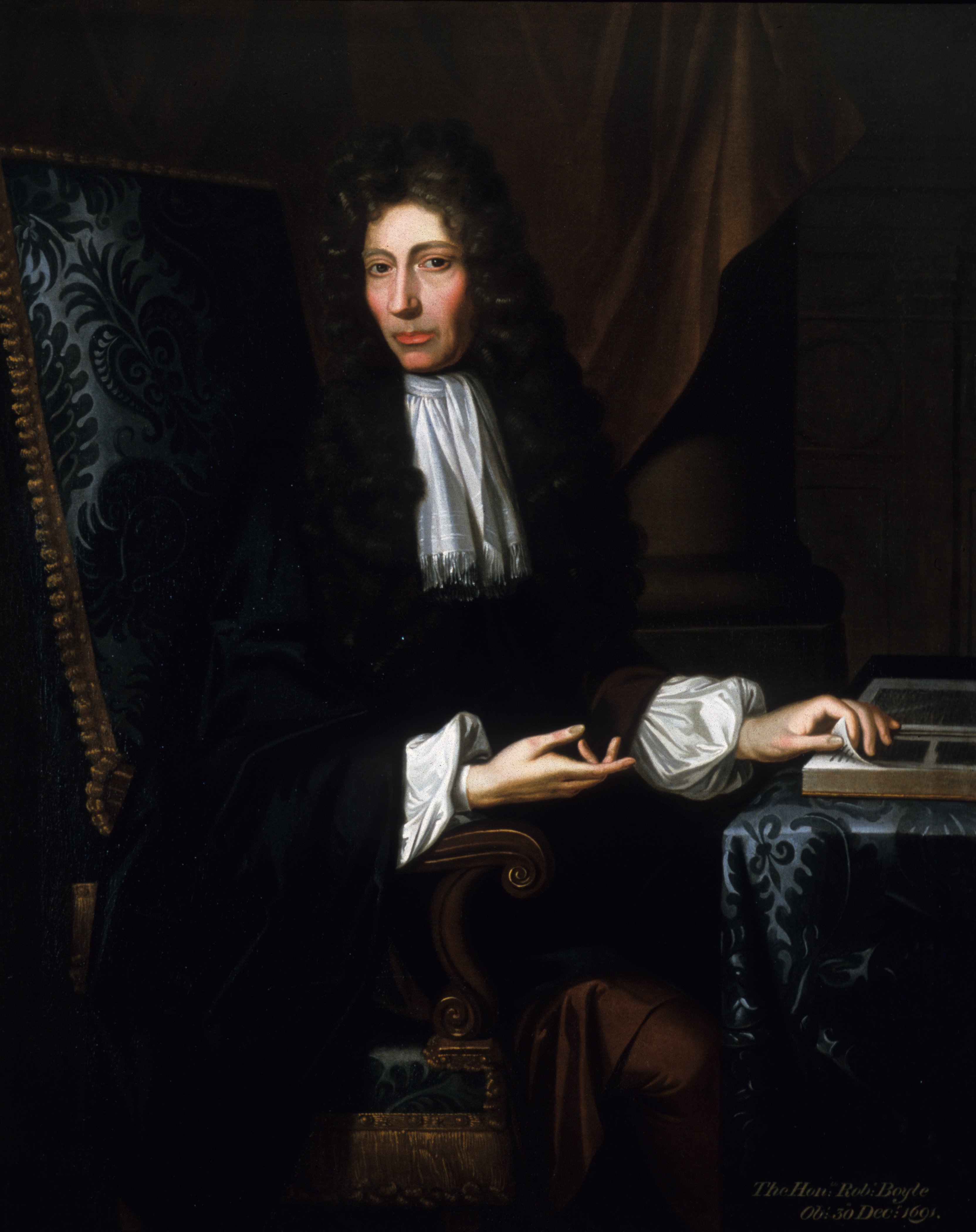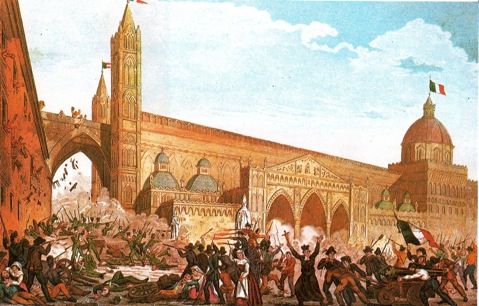|
Sardinian Banditry
Sardinian banditry describes an outlaw behavior typical of the Mediterranean island of Sardinia, dating back to the Roman Empire. Twentieth-century Sardinian banditry had economic and political overtones. History Eleanor of Arborea, in her '' Carta de Logu'', authorized remedies for banditry. The first kidnapping for ransom resulting from banditry was reported in 1477 in the Baronia of Posada, between Olbia and Siniscola. Banditry was particularly prevalent during Sardinia's Spanish occupation. During the seventeenth century, the regions around Sassari, Nuoro, Goceano and Gallura were centers of outlaw activity. The situation did not change under the rule of the Alpine House of Savoy, and the first measures were introduced to suppress banditry in 1720. On March 13, 1759, regulations for the administration of the justice in the Kingdom of Sardinia were enacted. At that time, smuggling was widespread in some regions of Sardinia, such as Gallura. Savoyard decrees forbidding the Sa ... [...More Info...] [...Related Items...] OR: [Wikipedia] [Google] [Baidu] |
Outlaw
An outlaw, in its original and legal meaning, is a person declared as outside the protection of the law. In pre-modern societies, all legal protection was withdrawn from the criminal, so anyone was legally empowered to persecute or kill them. Outlawry was thus one of the harshest penalties in the legal system. In Germanic law, early Germanic law, the death penalty is conspicuously absent, and outlawing is the most extreme punishment, presumably amounting to a death sentence in practice. The concept is known from Roman law, as the status of ''homo sacer'', and persisted throughout the Middle Ages. A secondary meaning of outlaw is a person systematically avoiding capture by evasion and violence. These meanings are related and overlapping but not necessarily identical. A fugitive who is declared outside protection of law in one jurisdiction but who receives asylum and lives openly and obedient to local laws in another jurisdiction is an outlaw in the first meaning but not the seco ... [...More Info...] [...Related Items...] OR: [Wikipedia] [Google] [Baidu] |
Smuggling
Smuggling is the illegal transportation of objects, substances, information or people, such as out of a house or buildings, into a prison, or across an international border, in violation of applicable laws or other regulations. More broadly, social scientists define smuggling as the purposeful movement across a border in contravention to the relevant legal frameworks. There are various motivations to smuggle. These include the participation in illegal trade, such as in the drug trade, illegal weapons trade, prostitution, human trafficking, kidnapping, heists, chop shops, illegal immigration or illegal emigration, tax evasion, import restrictions, export restrictions, providing contraband to prison inmates, or the theft of the items being smuggled. Smuggling is a common theme in literature, from Bizet's opera ''Carmen'' to the James Bond spy books (and later films) '' Diamonds Are Forever'' and '' Goldfinger''. Etymology The verb ''smuggle'', from Low German ''smuggeln'' o ... [...More Info...] [...Related Items...] OR: [Wikipedia] [Google] [Baidu] |
Fascist Italy (1922–1943)
Fascist Italy () is a term which is used in historiography to describe the Kingdom of Italy between 1922 and 1943, when Benito Mussolini and the National Fascist Party controlled the country, transforming it into a totalitarian dictatorship. The Italian Fascists imposed totalitarian rule and crushed political opposition, while simultaneously promoting Modernization theory, economic modernization, traditional social values and a rapprochement with the Roman Catholic Church. According to historian Stanley G. Payne, "[the] Fascist government passed through several relatively distinct phases". The first phase (1922–1925) was nominally a continuation of the parliamentary system, albeit with a "legally-organized executive dictatorship". In foreign policy, Mussolini ordered the pacification of Libya against rebels in the Italian colonies of Italian Tripolitania, Tripolitania and Italian Cyrenaica, Cyrenaica (eventually unified in Italian Libya), inflicted the Corfu incident, bombing ... [...More Info...] [...Related Items...] OR: [Wikipedia] [Google] [Baidu] |
World War I
World War I or the First World War (28 July 1914 – 11 November 1918), also known as the Great War, was a World war, global conflict between two coalitions: the Allies of World War I, Allies (or Entente) and the Central Powers. Fighting took place mainly in European theatre of World War I, Europe and the Middle Eastern theatre of World War I, Middle East, as well as in parts of African theatre of World War I, Africa and the Asian and Pacific theatre of World War I, Asia-Pacific, and in Europe was characterised by trench warfare; the widespread use of Artillery of World War I, artillery, machine guns, and Chemical weapons in World War I, chemical weapons (gas); and the introductions of Tanks in World War I, tanks and Aviation in World War I, aircraft. World War I was one of the List of wars by death toll, deadliest conflicts in history, resulting in an estimated World War I casualties, 10 million military dead and more than 20 million wounded, plus some 10 million civilian de ... [...More Info...] [...Related Items...] OR: [Wikipedia] [Google] [Baidu] |
Orgosolo
Orgosolo () is a ''comune'' (municipality) located in the Province of Nuoro, in the autonomous region of Sardinia, at about north of Cagliari and about south of Nuoro. The municipality is famous for its murals. These political paintings can be found on walls all over Orgosolo. Since about 1969, the murals reflect different aspects of Sardinia's political struggles but also deal with international issues. Vittorio De Seta's movie '' Banditi a Orgosolo'' (1961) focuses on the past way of life in central Sardinia and on the phenomenon of "Banditry Banditry is a type of organized crime committed by outlaws typically involving the threat or use of violence. A person who engages in banditry is known as a bandit and primarily commits crimes such as extortion, robbery, kidnapping, and murder, ..." in the region. At one time Orgosolo was known as the "village of the murderers" due to its high crime rate. Bandits of the surrounding mountains used the church door to post notices of ... [...More Info...] [...Related Items...] OR: [Wikipedia] [Google] [Baidu] |
Barbagia
Barbagia (; or ) is a geographical, cultural and natural region of inner Sardinia, contained for the most part in the province of Nuoro and Ogliastra and located alongside the Gennargentu massif. The name comes from Cicero, who described the land as inhabited by barbarians; Roman domination over this part of the island was in fact never more than nominal as a result of the Roman-Sardinian Wars. This word shares its etymology with the now antiquated ''Barbary''. The Sardinians, many of whose revolts came from this area, were also mocked by the ancient Romans with the pejorative term 'thieves wearing rough woolen garments'. In 594, Pope Gregory the Great wrote a letter to Hospito, a Christian whom he calls the "leader of the Barbaricini" (). Hospito apparently permitted the evangelisation of pagan Barbagia by Christian missionaries. The area is usually divided into five Barbagias: the Barbagia of Ollolai, the Barbagia of Seulo, the Barbagia of Belvì, the Mandrolisai, a ... [...More Info...] [...Related Items...] OR: [Wikipedia] [Google] [Baidu] |
Alfredo Niceforo
Alfredo Niceforo (23 January 1876 – 10 March 1960, Rome, Italy) was an Italian statistician and scientific racist. Biography Niceforo was born in Castiglione di Sicilia, Catania, Italy, and died March 2, 1960, in Rome. He was an Italian sociologist, criminologist, and statistician who posited the theory that every person has a “deep ego” of antisocial, subconscious impulses that represent a throwback to precivilized existence. Accompanying this ego, and attempting to keep its latent delinquency in check, according to his concept, is a “superior ego” formed by man's social interaction. This theory, which he published in 1902, bears some resemblance to the discoveries of psychoanalysis that were being made about the same time. Niceforo taught criminology in Lausanne (Switzerland), Brussels (Belgium), and elsewhere and statistics at the universities of Naples and Rome (from 1931). Initially he was influenced by the Italian criminologist Cesare Lombroso (1835–1909), who h ... [...More Info...] [...Related Items...] OR: [Wikipedia] [Google] [Baidu] |
Scientific Racism
Scientific racism, sometimes termed biological racism, is the pseudoscience, pseudoscientific belief that the Human, human species is divided into biologically distinct taxa called "race (human categorization), races", and that empirical evidence exists to support or justify racial discrimination, racial inferiority, or racial superiority.. "Few tragedies can be more extensive than the stunting of life, few injustices deeper than the denial of an opportunity to strive or even to hope, by a limit imposed from without, but falsely identified as lying within". Before the mid-20th century, scientific racism was accepted throughout the scientific community, but it is no longer considered scientific. The division of humankind into biologically separate groups, along with the assignment of particular physical and mental characteristics to these groups through constructing and applying corresponding Scientific modelling, explanatory models, is referred to as racialism, racial realism ... [...More Info...] [...Related Items...] OR: [Wikipedia] [Google] [Baidu] |
Francesco Crispi
Francesco Crispi (4 October 1818 – 11 August 1901) was an Italian patriot and statesman. He was among the main protagonists of the Risorgimento, a close friend and supporter of Giuseppe Mazzini and Giuseppe Garibaldi, and one of the architects of Italian unification in 1860.Nation-building in 19th-century Italy: the case of Francesco Crispi Christopher Duggan, History Today, 1 February 2002 Crispi served as for six years, from 1887 to 1891, and again from 1893 to 1896, and was the first prime minister from |
Carabinieri
The Carabinieri (, also , ; formally ''Arma dei Carabinieri'', "Arm of Carabineers"; previously ''Corpo dei Carabinieri Reali'', "Royal Carabineers Corps") are the national gendarmerie of Italy who primarily carry out domestic and foreign policing duties. It is one of Italy's main law enforcement agencies, alongside the Polizia di Stato and the Guardia di Finanza. As with the Guardia di Finanza but in contrast to the Polizia di Stato, the Carabinieri are a military force. As the fourth Military branch, branch of the Italian Armed Forces, they come under the authority of the Ministry of Defence (Italy), Ministry of Defence; for activities related to inland public order and security, they functionally depend on the Ministry of the Interior (Italy), Ministry of the Interior. In practice, there is a significant overlap between the jurisdiction of the Polizia di Stato and Carabinieri, and both of them are contactable through 112 (emergency telephone number), 112, the European Union's ... [...More Info...] [...Related Items...] OR: [Wikipedia] [Google] [Baidu] |
Home Invasion
A home invasion, also called a hot prowl burglary, is a sub-type of burglary (or in some jurisdictions, a separately defined crime) in which an offender unlawfully enters into a building residence while the occupants are inside. The overarching intent of a hot prowl burglary can be theft, robbery, assault, sexual assault, murder, kidnapping, or another crime, either by stealth or direct force.Byron, Reginald; Molidor, William; Cantu, Andrew (2018). "US Newspapers' Portrayals of Home Invasion Crime". The Howard Journal of Crime and Justice. 57(2): 250-277. https://onlinelibrary.wiley.com/doi/abs/10.1111/hojo.12257 Hot prowl burglaries are considered especially dangerous by law enforcement because of the potential for a violent confrontation between the occupant and the offender. Historiography The first published use of the term "home invasion" recorded in the ''Oxford English Dictionary'' is an article in ''The Washington Post'' on 1 February 1912, with an article in the ''Los Ang ... [...More Info...] [...Related Items...] OR: [Wikipedia] [Google] [Baidu] |
Comune
A (; : , ) is an administrative division of Italy, roughly equivalent to a township or municipality. It is the third-level administrative division of Italy, after regions () and provinces (). The can also have the City status in Italy, title of (). Formed according to the principles consolidated in Medieval commune, medieval municipalities, the is provided for by article 114 of the Constitution of Italy. It can be divided into , which in turn may have limited power due to special elective assemblies. In the autonomous region of the Aosta Valley, a is officially called a in French. Overview The provides essential public services: Civil registry, registry of births and deaths, registry of deeds, and maintenance of local roads and public works. Many have a (), which is responsible for public order duties. The also deal with the definition and compliance with the (), a document that regulates the building activity within the communal area. All communal structures ... [...More Info...] [...Related Items...] OR: [Wikipedia] [Google] [Baidu] |






